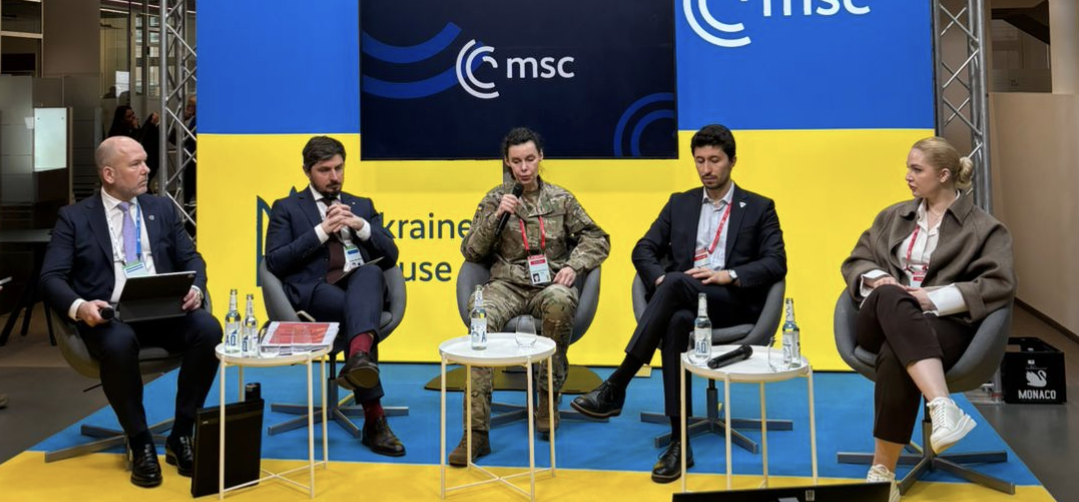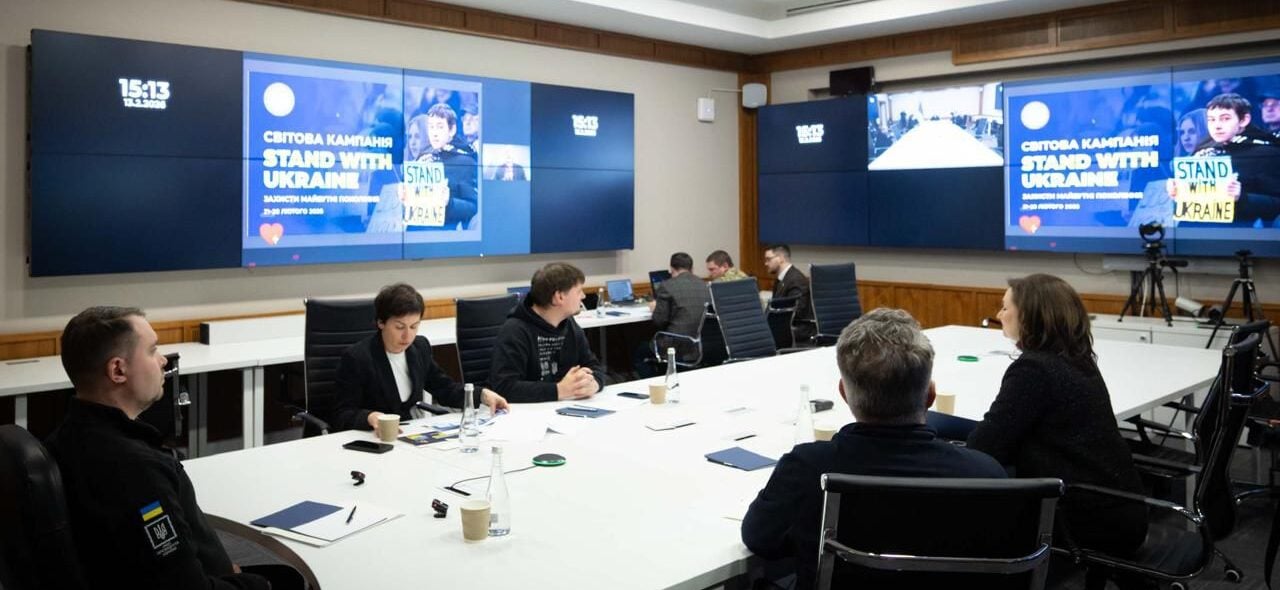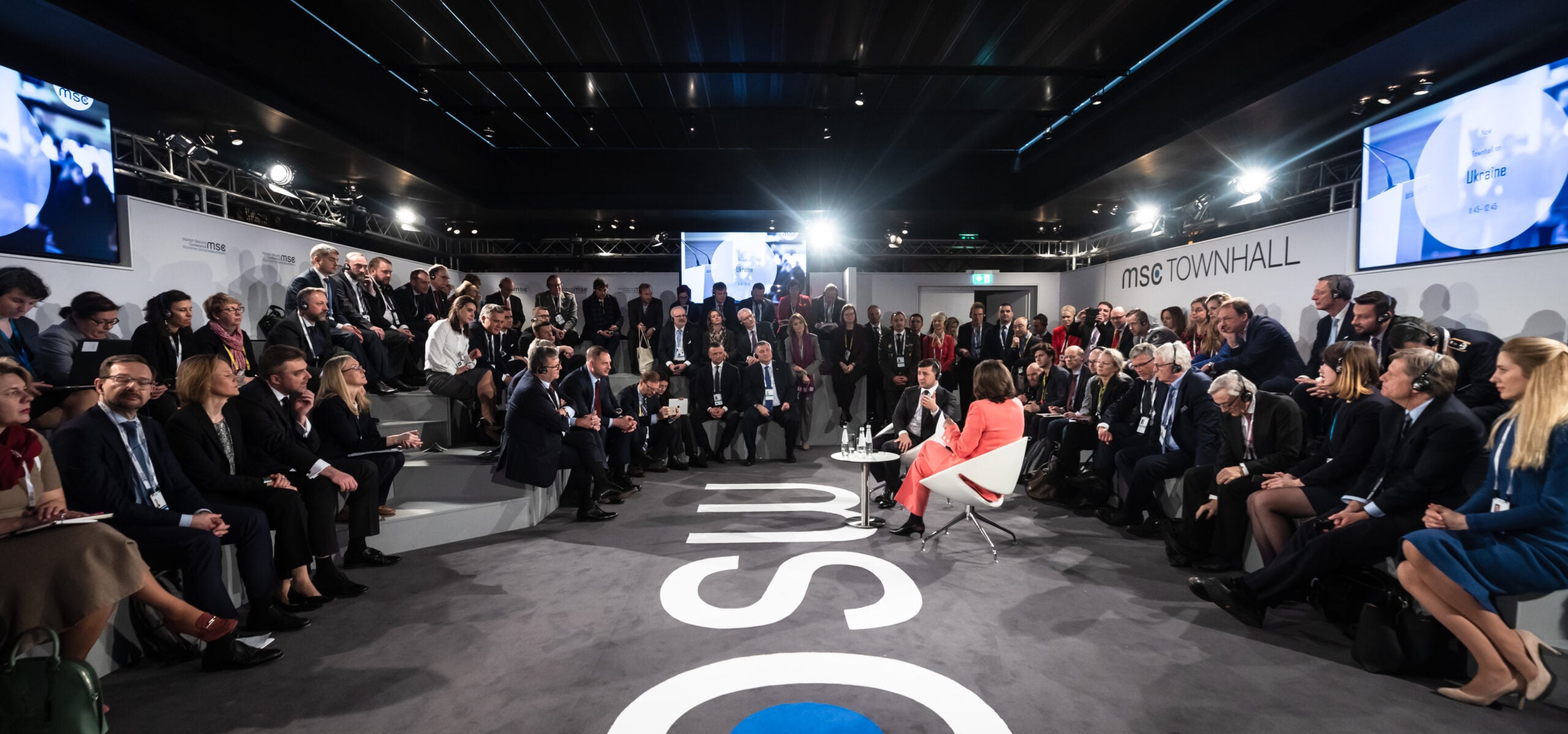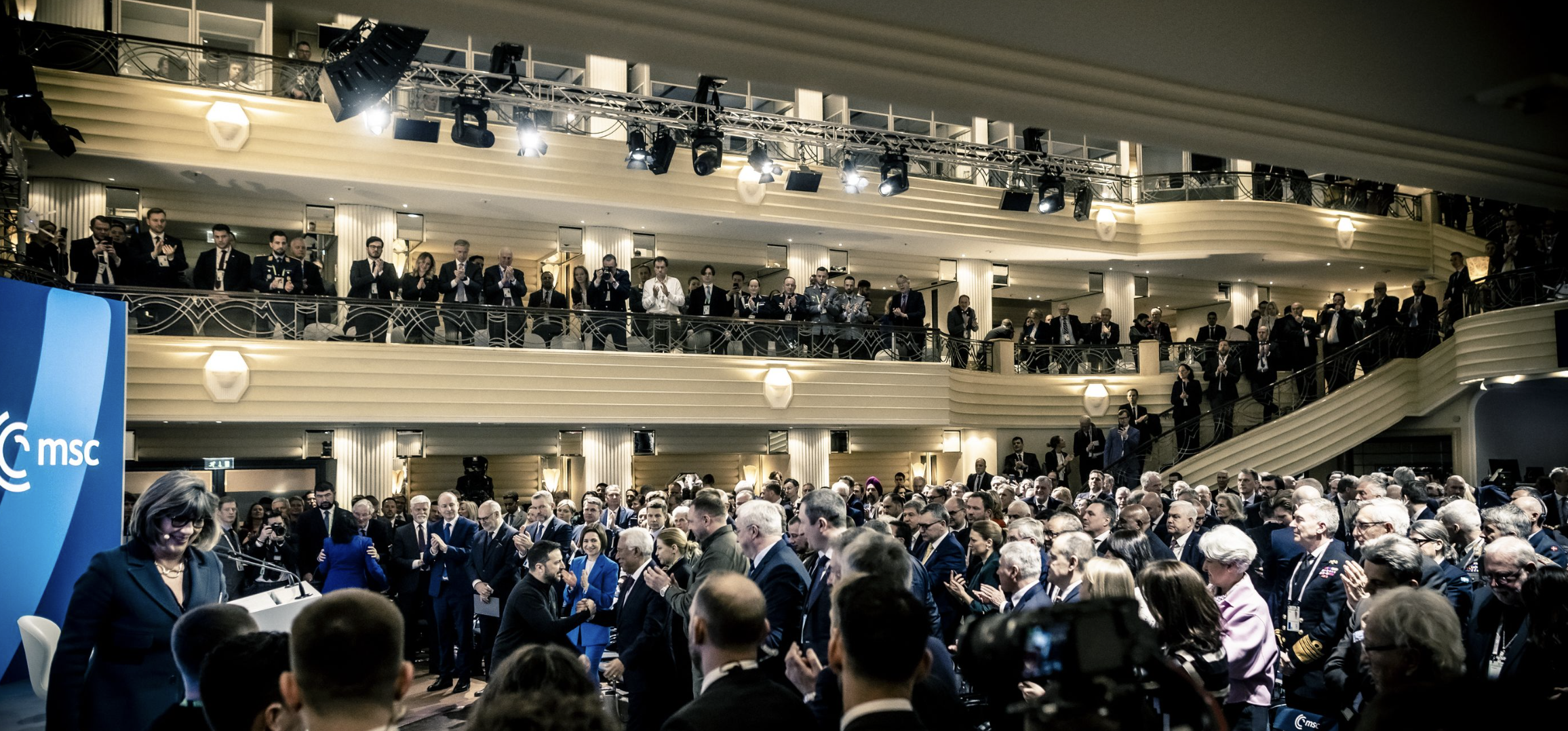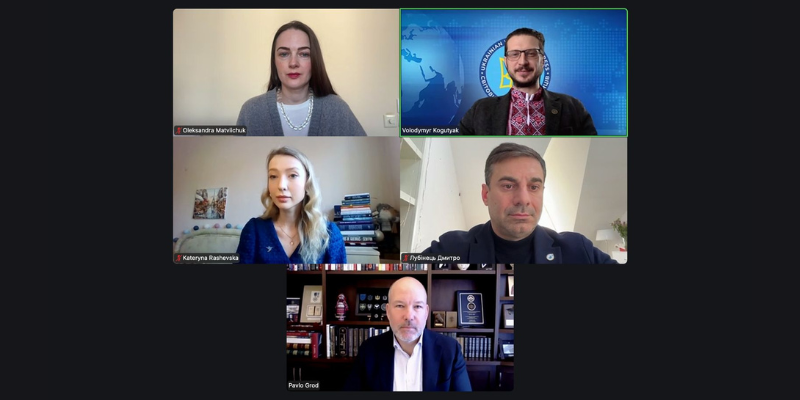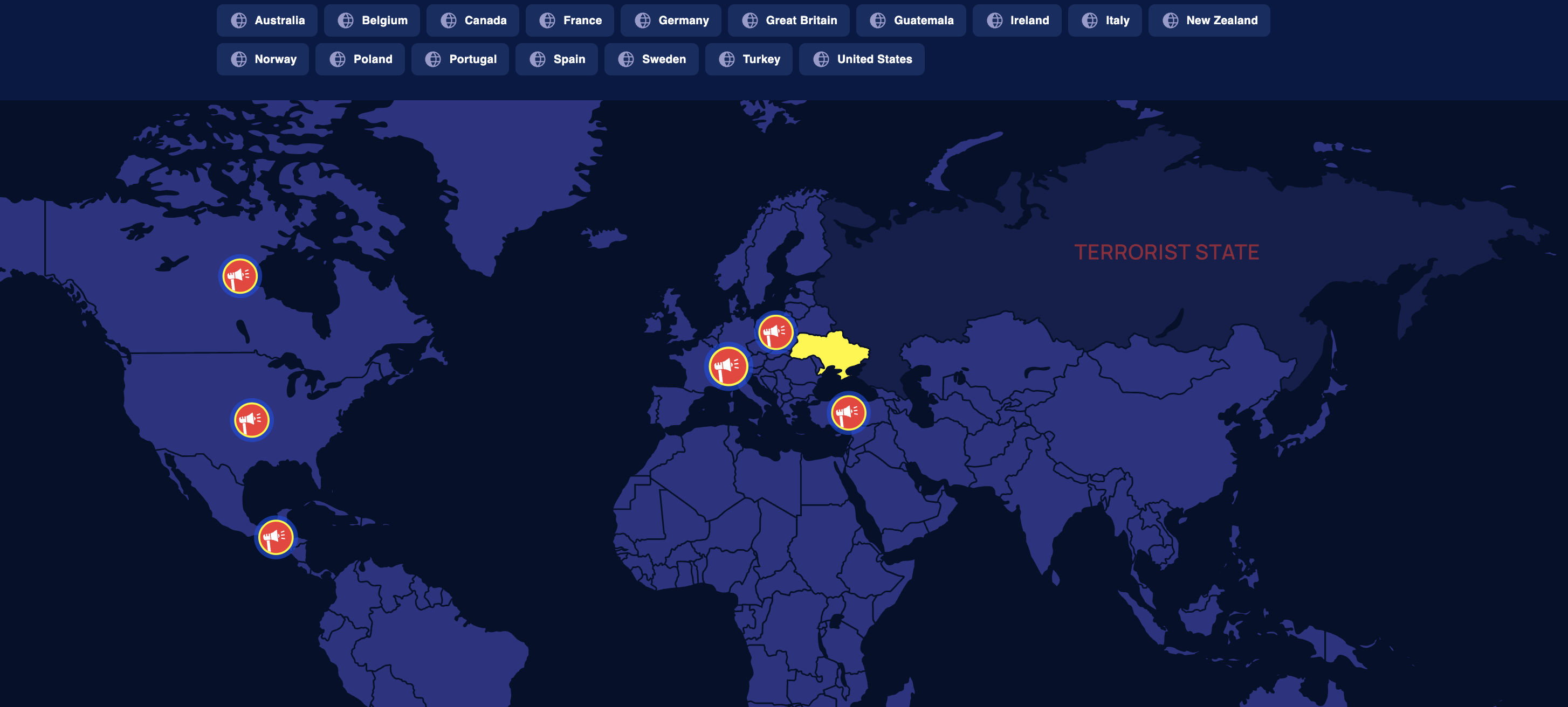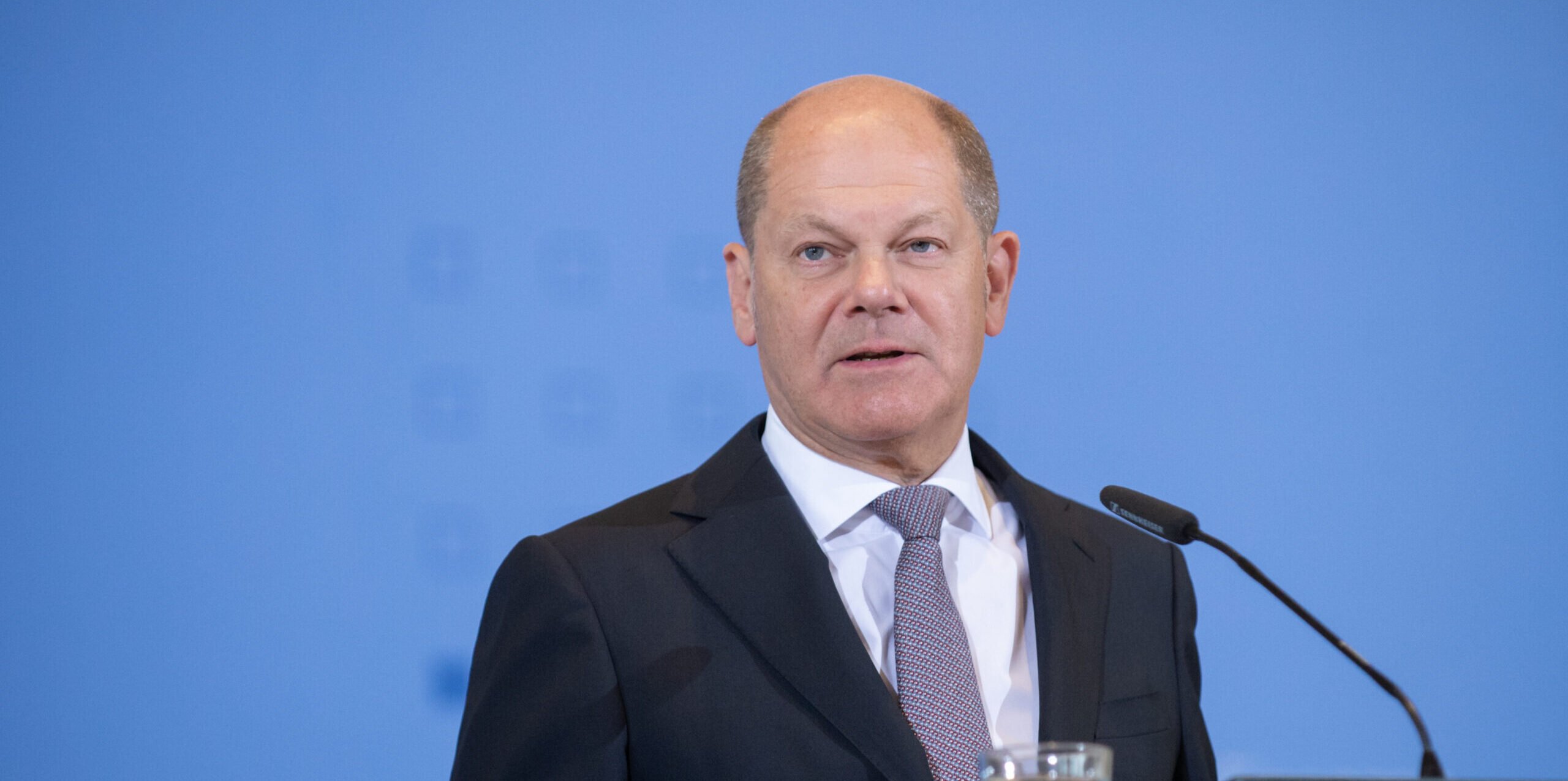
On Nov. 6, Germany’s governing coalition collapsed when Chancellor Olaf Scholz dismissed Finance Minister Christian Lindner, leader of the Free Democratic Party (FDP). This move deprived the coalition of its majority in the Bundestag legislature, according to the Spiegel news magazine.
The coalition, formed in December 2021 by the Social Democratic Party (SPD), FDP, and Alliance 90/The Greens, faced tensions between Scholz and Lindner over the 2025 budget, ultimately leading to the resignation of all FDP ministers.
In response, Scholz plans to request a vote of confidence in January, with early elections potentially taking place by the end of March. The opposition alliance of the Christian Democratic Union and Christian Social Union (CDU/CSU) is calling for even earlier elections.
Rostyslav Sukennyk, head of the Association of Ukrainian Organizations in Germany (AUOG), offers an analysis of the political crisis in Germany and its potential impact on Ukraine. Here are his thoughts.
As the U.S. presidential election unfolds, the political situation in Germany is also intensifying. Chancellor Olaf Scholz’s coalition has collapsed, leaving his government in the minority. While this was anticipated, opposition parties are now ramping up pressure, calling for early elections, which were initially planned for September 2025. If Scholz’s government fails to secure support, new elections could be held as early as next spring.
This political uncertainty in Germany directly affects Ukraine. Berlin’s support is vital in the fight against Russian aggression, and Scholz’s government has been the second-largest donor to Ukraine, after the United States. While politicians assure that Germany’s support for Ukraine will remain steady, the ongoing political instability in the country raises concerns about the future of this commitment.
The situation is further complicated by the change in U.S. leadership under Donald Trump, which has led to a shift in Washington’s approach to European security. Trump has insisted that Europe take on more responsibility for collective defense, increasing expectations that European countries, particularly Germany, will play a more active role in supporting Ukraine. With less reliance on U.S. aid, there is growing skepticism within the EU, but hopes remain that these new circumstances will push Europe to take more decisive action and boost support for Ukraine.
Scholz has announced that he will hold a vote of confidence in his government in January. Should the vote fail, new elections could be held within 60 days, likely around mid-March. This is closely linked to local elections in Hamburg in early March, which could strengthen the opposition, particularly the Christian Democratic Union (CDU), which is critical of the current government.
For Ukraine, it is crucial that support for the country remains a bipartisan issue, rather than becoming a pawn in election campaigns. Ukrainian support should be a key part of all democratic parties’ platforms, regardless of political affiliation. However, risks remain, as some political factions in Germany – both left-wing and far-right – are sympathetic to pro-Russian views, which could undermine the stability of Germany’s support for Ukraine.
Another significant challenge for Germany and Europe as a whole is the rising number of refugees from Ukraine. If the influx of asylum seekers grows significantly, the issue could spark political debates, deepening internal divisions and diverting attention away from the critical issue of supporting Ukraine. This could complicate the EU’s unity and stability, not just in Germany but across the entire European Union.
Cover: Shutterstock

